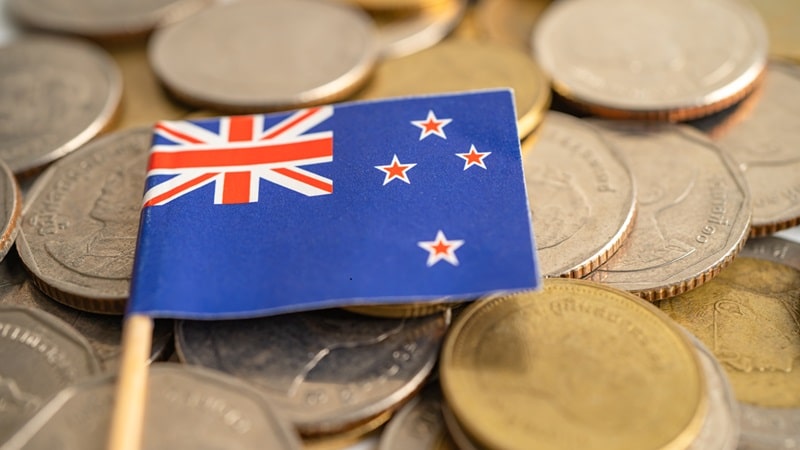
Jack Bannon compares the Ontario iGaming market’s success to the possible success of the up-and-coming 2026 regulated NZ iGaming industry. (Image by chormail153750 on Vecteezy)
After letting the news sink in that New Zealand will officially put a domestic licensing authority in place, we look at how the new system will affect the online casino market.
It was only in August we caught wind of news that New Zealand has made it official that the country would regulate iGaming.
In the report, ‘New Zealand Domestic Online Casino Regulator by 2026’, Hon Brooke Van Velden mentioned that iGaming and online sports betting will remain segmented.
Yet, we were not caught off guard by the news because back in 2022, there were hints of a NZ online gambling authority on the horizon.
How the new licensing will affect New Zealand casino players is a tough one to predict as there are so many variables involved. However, I’ll cover what I believe are the essential points to consider in the sections below.
Just to let you know, this is my personal view on the matter. I will be calling up on my personal experience of covering iGaming markets with English-speaking audiences.
Something I have been doing for over 15 years now!
There is an interesting comparison between NZ and Ontario
Before I give my opinion on how regulated online gambling will affect New Zealand, I want to give you the background on another similar iGaming market.
It is a recently formed domestically licensed iGaming market that has similar traits to New Zealand and should give you some idea of what’s coming if you are a New Zealand citizen.
A market where its citizens once relied on Curacao and Malta Gaming Authority (MGA) licensing in the same way as Kiwi casino players do at this time.
I am referring to Ontario’s bustling iGaming industry operating under the Alcohol and Gaming Commission of Ontario (AGCO). It makes for the perfect comparison.
Admittedly, when the idea of a provincial gambling licensing authority for Ontario hit the iGaming news wires, my colleagues and I were sceptical.
We had questions!
- Why would players in Ontario choose online casinos with fewer games versus MGA and Curacao Casinos?
- Would the casino operating under the new AGCO subsidiary licensing the iGaming Ontario (iGO) licensing be able to compete with MGA and Curacao Casinos?
- How would Ontario’s limited choice of online casinos versus competed regulated markets cope?
- How will Ontario online gambling sites compete with cryptocurrency sites?
Yet, the Ontario overall sports betting and iGaming market under the iGO licensing has been a remarkable success. This is clear via my news report covering FY 2024-25 Q1, in which the Ontario Online Gambling Report Shows Substantial Growth.
In the face of tough competition, it seems that Ontarians are adopting online gambling platforms operating under the Canadian province’s provincial licensing.
Take Away: Can New Zealand also mimic the same success in the face of the same competition as Ontario’s AGCO faced? The answer is, why not? If Ontario can prove it can, then indeed, New Zealand can! Yet, there are a few snags in Hon Brooke Van Velden’s report that worry me.
The Problems New Zealand’s Suggested Set-Up Could Face
Although the take away using the comparison between Ontario and New Zealand does suggest success is possible, I still have some reservations.
New Zealand’s Smaller Population
New Zealand’s population is 5,222,006, according to the live NZ World Population Review.
That makes it a smaller market than Ontario’s 15,996,989 population. I also retrieved this stat from the same source – live Ontario Population Review.
One of the most significant issues I see for New Zealand’s iGaming market success is the low population versus Ontario. While Ontario has always had a large enough population to gradually attract new players towards iGO-licensed online casinos, New Zealand’s growth will predictably be much slower.
My concern then is, what kind of added value can regulated NZ casinos offer versus Curacao and MGA online casinos?
Outright Ban on Overseas Online Casinos
Hon Brooke Van Velden’s report mentions that all overseas online casinos and sports books will be banned from the New Zealand market. Presumably, the country will make an effort to ban these sites via ISPs (Internet Service Providers).
Will banning online casinos and making them illegal work?
No. Not a chance. Let’s make a comparison to another online gambling market.
In the UK, black market gambling is rising because online gambling platforms operating under the UK Gambling Commission are not able to offer the value overseas (black market) casinos can offer.
If you would like to see the stats, please read my latest report – The UK Unveils Billion Sterling Black-Market Gambling Problem.
Take Away: If the UKGC powerhouse can’t stop the black market, how will New Zealand deal with it? The New Zealand government is going to have to offer some kind of tax breaks or incentives to online casinos that eventually gain licensing to serve Kiwi casino players.
Separate Online Casinos and Sportsbooks
I believe New Zealand will reverse their current stance that online sports betting and online casinos will be kept on separate platforms. For now, Tabcorp is the only domestically licensed sportsbook in New Zealand. I think this will need to change.
Players who play both online casino games and bet on sports will likely want to have both under the same hood. Although, admittedly, that is not always the case.
Sometimes, dedicated sportsbooks offer better incentives and odds. Therefore, players don’t mind playing casino games on one site and sports on another, so this could be a moot point.
Take Away: With New Zealand’s population being so small, I believe all-in-one sports and casino sites will help boost the up-and-coming regulated iGaming market. I am on the fence either way on this one.
There Are Positives For New Zealand’s Suggested Set-Up
To finish off, there is one positive from the report that should negate some of the above issues mentioned in the sections above.
A Limited Number of Online Casinos
At first glance, this may look like a problem for the regulated NZ market. Yet, I believe it makes. In Hon Brooke Van Velden’s report, only a limited number of iGaming sites will be awarded licensing, and brands interested will need to enter into a bidding war.
The bidding war isn’t an issue as brands that do want to enter NZ’s new market will already have carried out market research risk assessments. No brand is going to overreach when it bids, as they will all know the population’s potential.
In fact, it is the population that is the key point here. With a target audience of 5.2 million, limiting the number of iGaming sites is a good idea.
If there are too many online casinos, there isn’t enough market share to make a success out of the NZ iGaming market. Not only would these brands need to beat off insider competition, but also competition from the upcoming black-market casinos they will face.
Take Away: Limiting the number of iGaming sites allowed to operate in New Zealand will help online casinos that successfully bid for a domestic licence stand a better chance of success.
The Final Take Away
There are many challenges ahead. Success is possible because we have seen Ontario do it in the face of so many obstacles. Also, limiting the number of iGaming sites that can operate in NZ will help fight off some of the major obstacles to success like low population and threat of black-market online gambling sites.
My Final Opinion: It’s a tough cookie to call. I believe the iGaming sites that do enter New Zealand will have a longer, more demanding journey ahead of them compared to Ontario. Some brands will drop out, and some will make a success out of it in the long run. In the end, the survivors are going to be all about economies of scale!



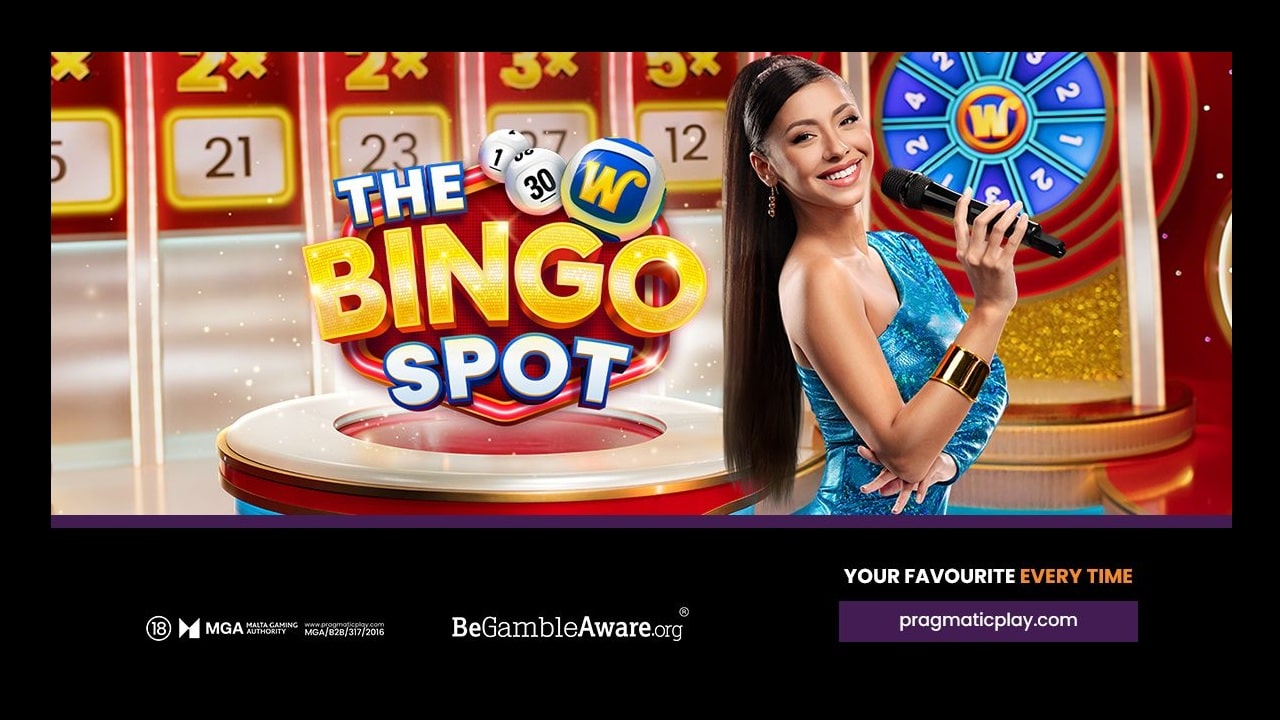
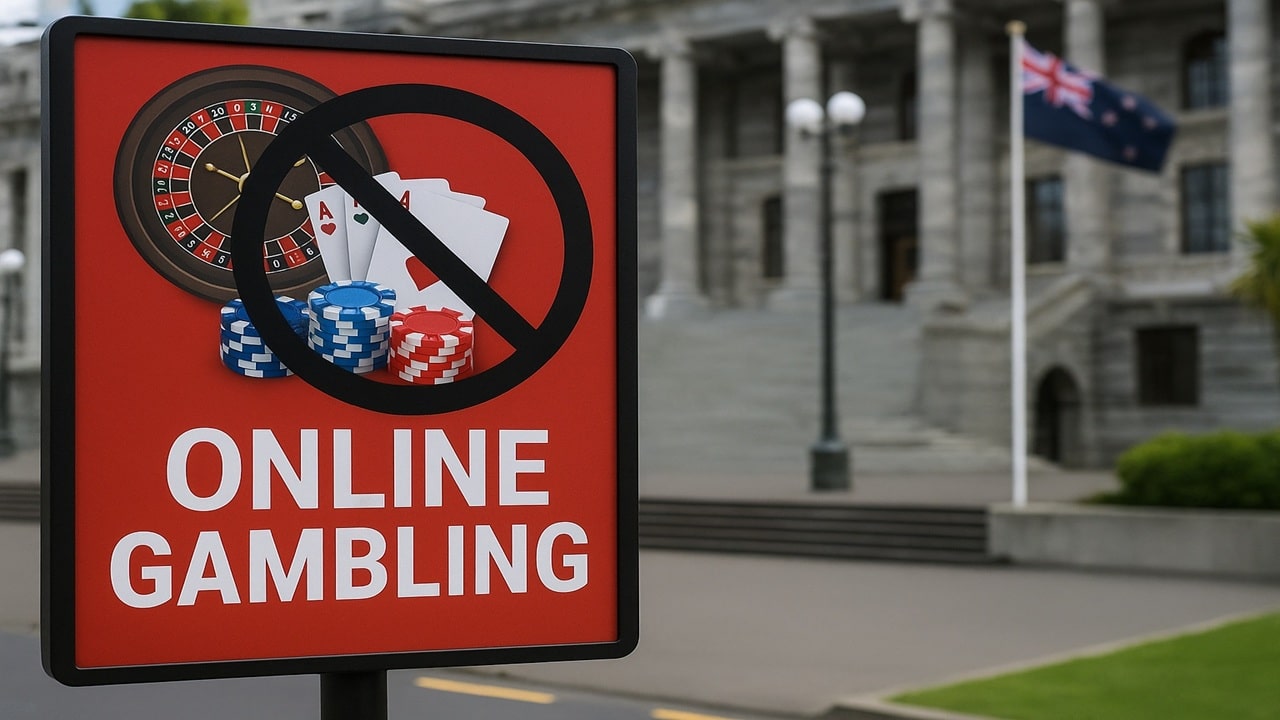






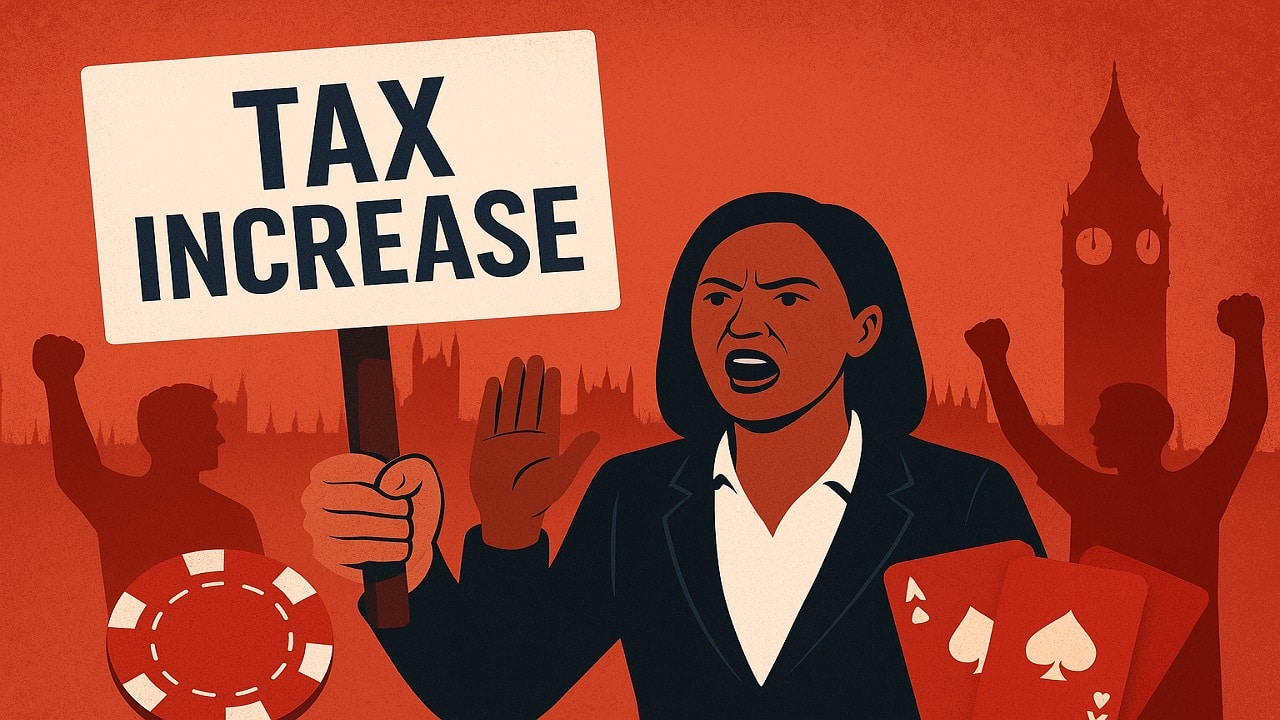
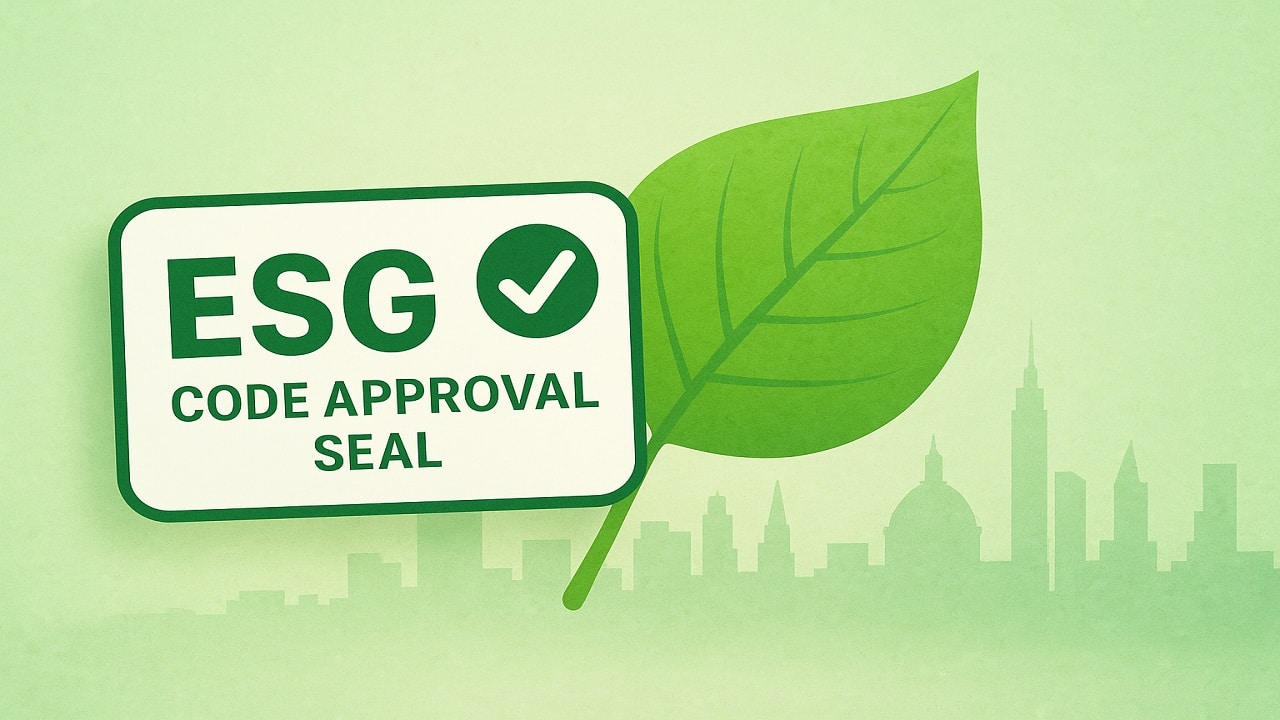

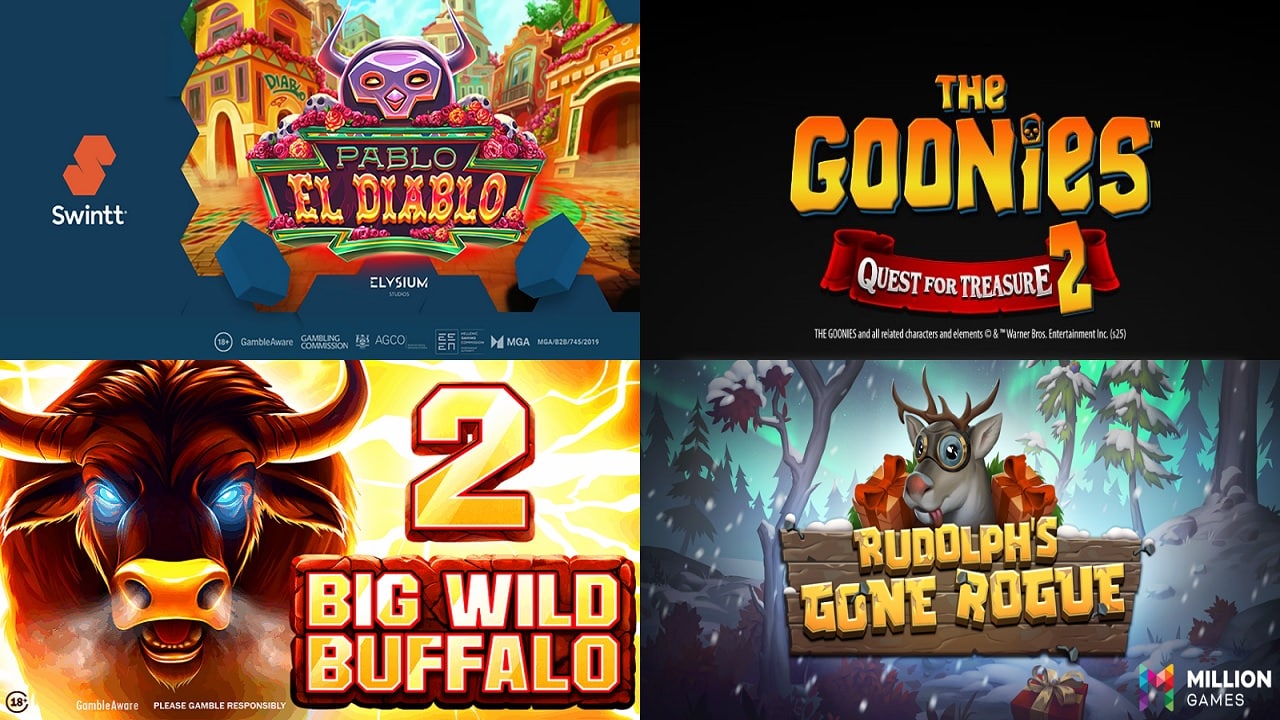

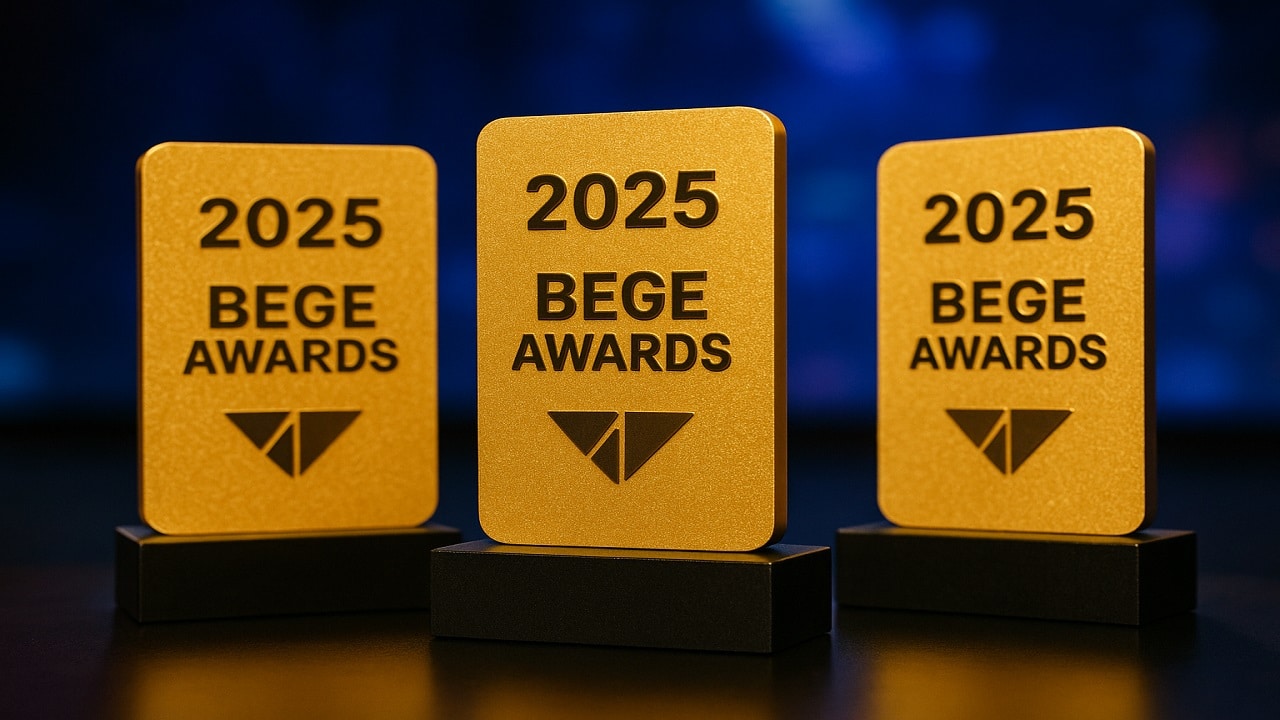

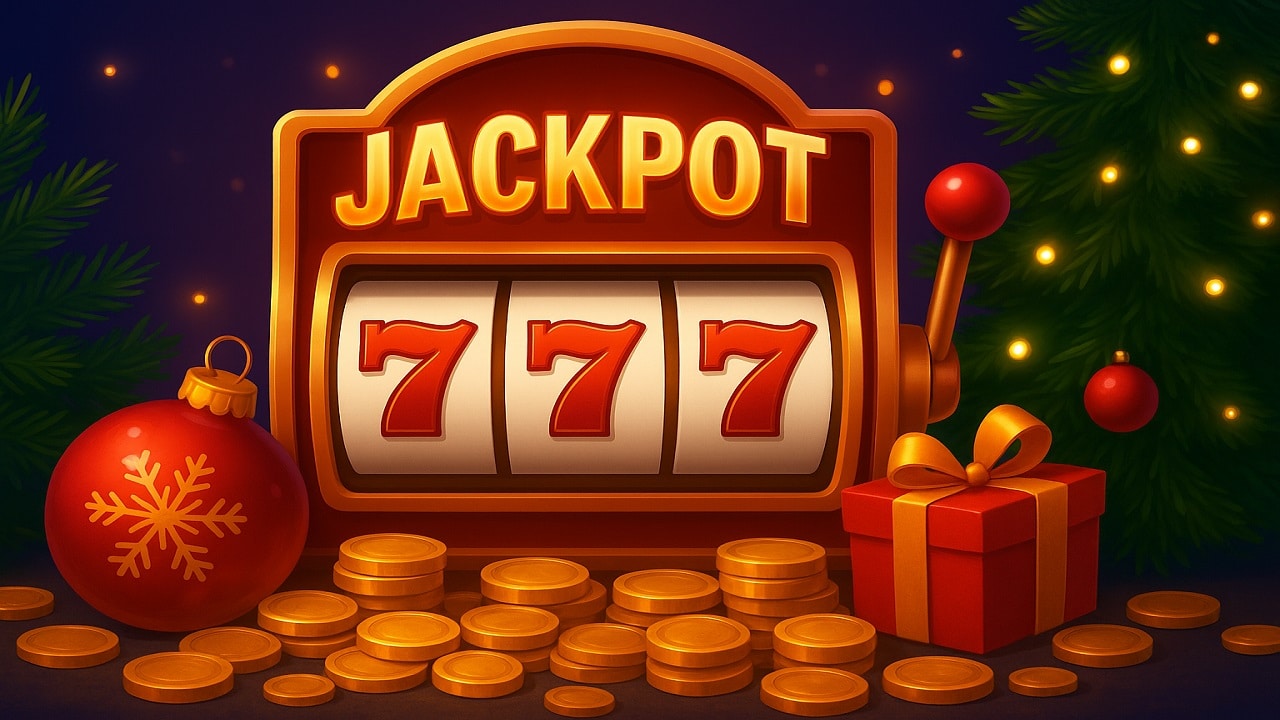






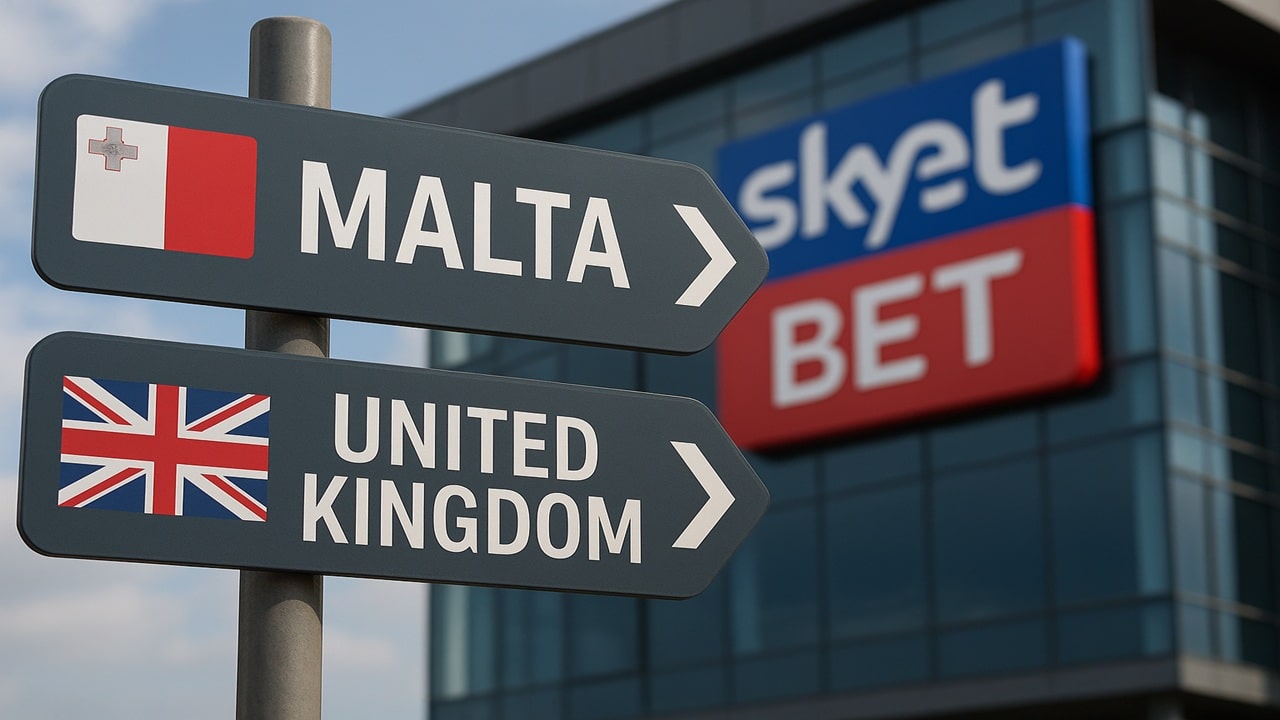




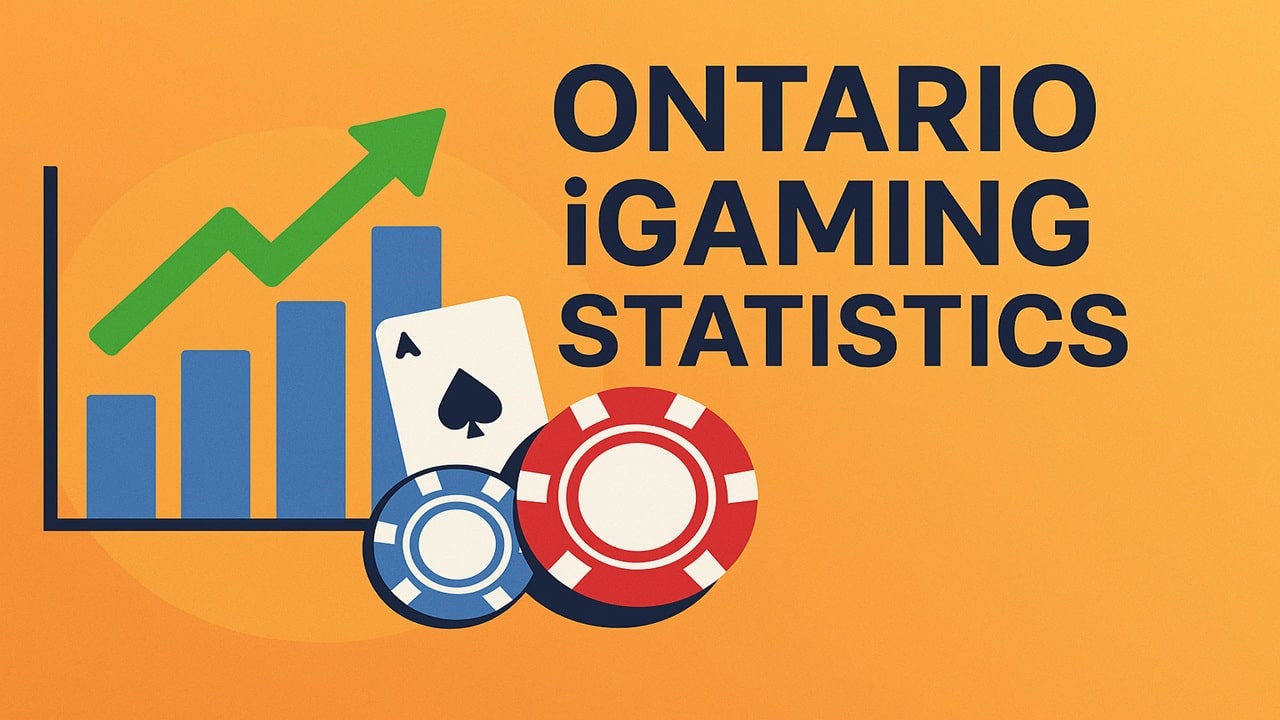
Leave A Comment